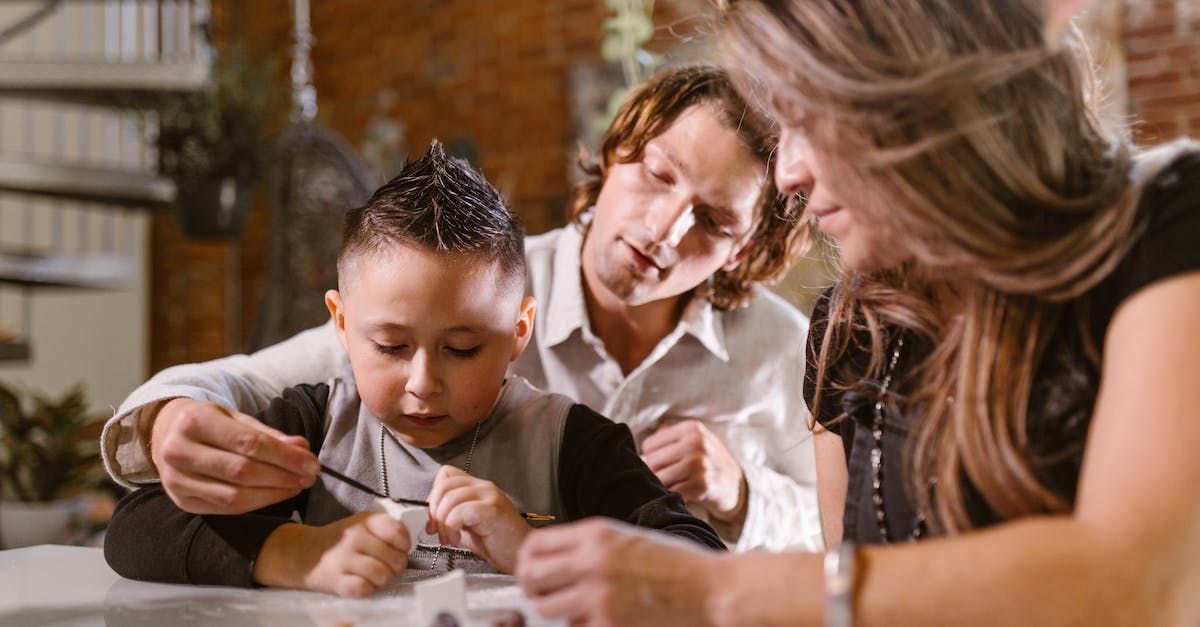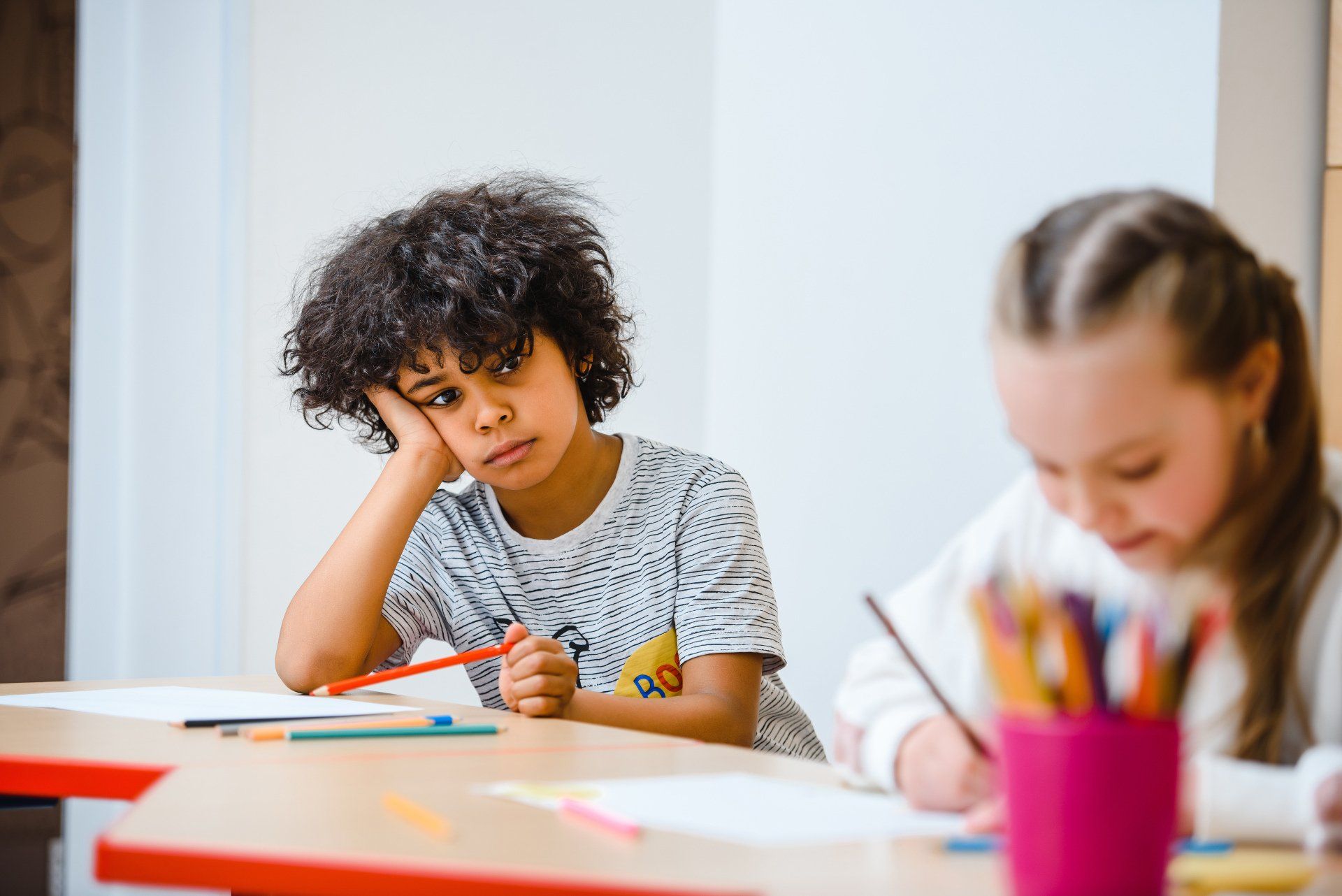A Non-Traditional Day...
A typical day includes a daily morning meeting, social games, followed by 2 hours of independent deep work spent on core skills (math, reading, and writing). During this period there is ample opportunity for one-to-one time with the learning coach to assist in any subject needed.
A daily reading/listening time will take place after lunch break. Students are given 30 minutes to read a book, or listen to an audiobook or educational podcast of their choice. We will also do student choice book clubs, and group read a louds (teacher reading a novel to students)
Afternoons are spent participating in valuable workshops that go beyond academics into areas like organization, time-management, business, finance, character development, STEM, and life skills. There will also be project-based learning that are founded on student interest.
Some days this will be a Socratic Seminar where students will learn to have deep and thoughtful discussions with their peers that include questioning, perspective taking, and critical thinking. Many social studies themed topics will be explored in this manner.


Who We Serve
We can accommodate a wide range of learners and their families, but especially;
- Homeschool children and online learners who need more support and socialization.
- Parents unhappy with public education and would like another option.
- Independent learners.
- Parents of children who want to homeschool or do online learning but do not have the time or know where to start.
- Parents who would like to homeschool their children part time.
- Children not thriving under the traditional schooling model and are falling behind.
- Disengaged or bored learners that need more freedom of choice and challenge.
* Please note, we do not have the supports in place to accommodate students with severe behaviour issues or learning disabilities. We may be able to accommodate some with IEP's but please be transparent and talk to us first to make sure we can give your child the support that they need.
Curriculum
As a learner, you have so many options!
New Paragraph
Beyond Curriculum
At Rocky Mountain Learning Collective, we are proud to go beyond curriculum to teach kids real world and life skills that will help them move through life successfully!
Financial & Business Skills
Students will learn business and financial skills, through fun and real-world experiences.
Character Development
Students will explore their own values and belief systems through stories and honest discussions.
Organization & Time Management Skills
Students will be taught valuable organizational skills that are essential to day-to-day life.
Goal Setting & Planning
Students will learn to set daily, weekly, monthly, and yearly goals and learn systems to help them reach their goals.
Healthy Relationships & Family
Students will learn about healthy relationships in families and peer groups, and how to navigate through when problems arise.
Critical Thinking & Problem Solving
Students will learn how to critically think and have proper discussions through the use of questioning and Socratic seminars.
We Are...
- Personalized learning
- Self-directed and self-paced
- Small mixed-aged class sizes
- Learning and life coaches
- Project-based learning
- Utilizers of technology
- Innovative in learning approaches
- Flexible learning options
- Creating thoughtful leaders of tomorrow
- For parents
- Beyond curriculum
We Are Not...
- Desks in rows
- Grades and teaching to the test
- A conveyer belt system
- Comply and conform
- Here to impose ideas but to encourage independent thinking
- Worksheets
- Rote learning and memorization
- One-size-fits all

Frequently Asked Question's
Learning is growing.
We have the tools, resources, and staff needed to support our students and their educational needs.






